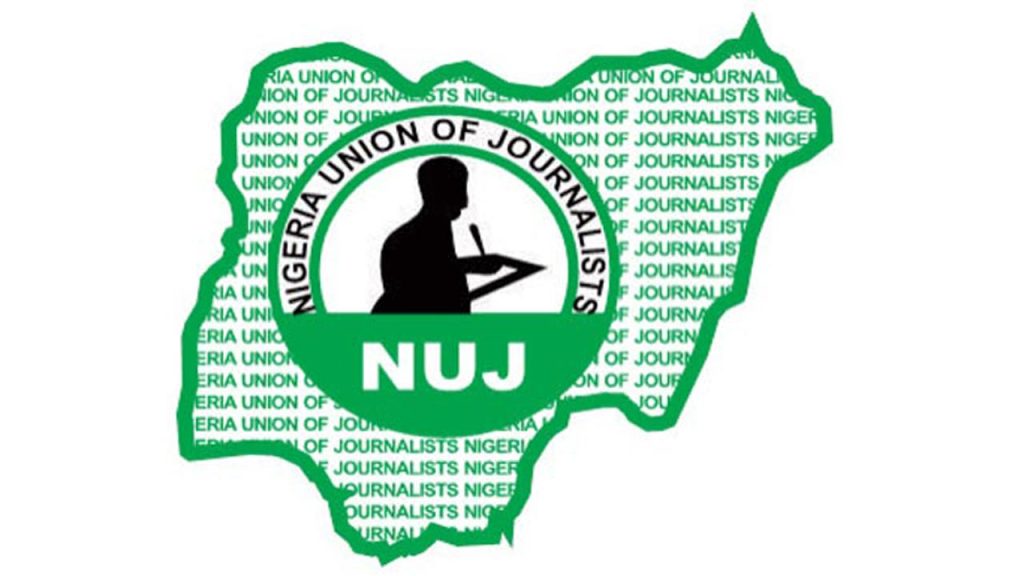Imo State in southeastern Nigeria faces intense scrutiny over press freedom violations following a damning report by the Centre for Journalism Innovation and Development (CJID). Released last week, the CJID’s Openness Index Report ranked Imo last among Nigeria’s 36 states and the Federal Capital Territory, scoring a stark 40.70% for hostility toward journalists — lower than conflict-prone regions like Bauchi (42.69%) and Lagos (48.93%). The findings, presented by University of Jos professor Victor Ayedun-Aluma in Abuja, have drawn sharp condemnation from local media advocates.
The Nigeria Union of Journalists (NUJ) in Imo labeled the report a “grim validation” of systemic persecution. NUJ Chairman Precious Nwadike accused authorities of fostering an environment where journalists face “orchestrated hazards,” including arrests, beatings, and efforts to silence critical reporting. He cited cases such as reporter Chinonso Uba’s repeated detentions, assaults on journalist Chidiebube Okeoma, and the ongoing custody of Obinna Akuwudike as evidence of state-sponsored repression.
Nwadike criticized Imo’s Commissioner of Information, Declan Emelumba, for dismissing the CJID’s methodology as biased and for claiming the state government was not consulted. “Most attacks against journalists occurred publicly,” Nwadike countered, arguing that official input was unnecessary given documented incidents. He further alleged that the government seeks to control media narratives by manipulating union leadership, undermining press independence.
The NUJ urged Imo officials to treat the report as a “wake-up call” rather than a provocation, emphasizing that stifling journalism erodes democratic accountability. “Hostility to journalists is hostility to truth and the rights of all citizens,” Nwadike stated, framing press freedom as integral to public welfare.
International observers have long flagged Nigeria’s press freedom decline, ranked 123rd globally by Reporters Without Borders in 2023. Imo’s ranking amplifies concerns about escalating risks for media workers, particularly in regions grappling with political tensions and insecurity. The CJID report underscores demands for accountability, urging authorities to investigate attacks on journalists and foster safer conditions for reporting.
As Imo grapples with this rebuke, advocates stress that a free press remains vital to addressing broader challenges, from corruption to security crises. For now, journalists in the state continue working under what Nwadike described as an “uphill task” — a struggle mirrored in Nigeria’s wider media landscape.
